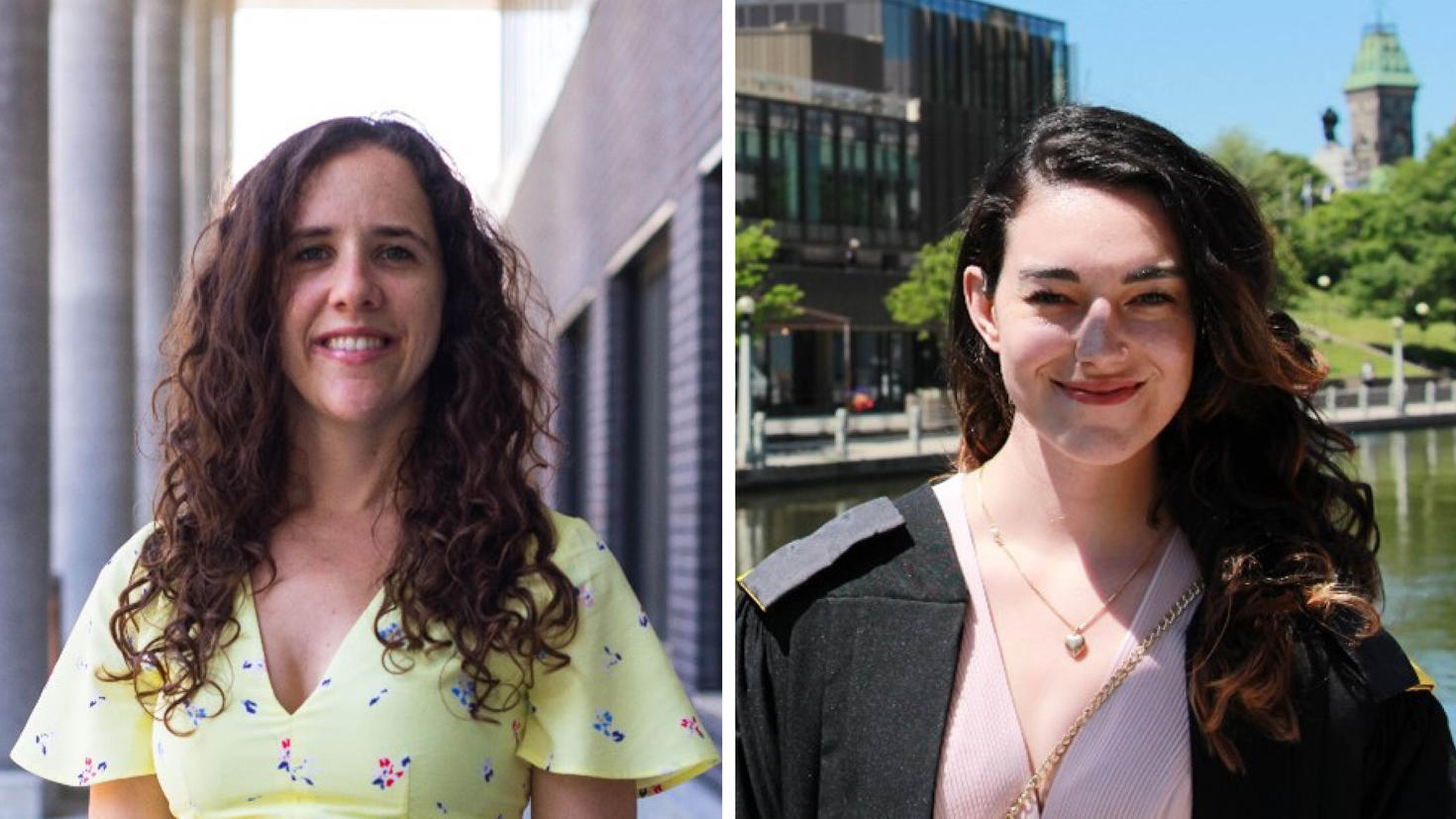CWIC uOttawa is a student-run organization that aims to “promote equity, diversity and inclusion (EDI) within the chemistry community at uOttawa, as well as within the broader STEM community as a whole.” It is part of the national CWIC network — a growing community of 15 student-run chapters established at universities across Canada.
Over the past year, McMunn and Carle, along with other members of the uOttawa chemistry community, have worked on two EDI-driven initiatives: an inspiring student of the month campaign (#InspiringPerson on Twitter) and an EDI-focused library and book club. These projects aim to foster a more inclusive environment, celebrate diversity within the scientific research community, and create opportunities for students to expand their knowledge on EDI topics.
The Inspiring Student of the Month campaign seeks to showcase the diversity of students in the Department of Chemistry and to amplify the presence of underrepresented groups in STEM. “By publishing profiles of EDI student leaders on Twitter, CWIC uOttawa hopes to inspire younger students to pursue advanced degrees in STEM and to help improve the visibility of minority role models in the field,” says McMunn. So far, the organization has highlighted 13 exceptional student researchers in the Department of Chemistry who identify as belonging to groups underrepresented in STEM.
The book club “aims to support students in the Faculty of Science in expanding their knowledge about EDI-related topics by providing an accessible way for all students to experience different perspectives and to learn outside the classroom,” explains Carle. It is supported by a small library of EDI-related works of fiction and non-fiction available by request to Faculty of Science students. The book club is a safe space that meets once a week to discuss scientific topics through an EDI lens in the spirit of respect and thoughtfulness. Recently, CWIC uOttawa secured funding to help students purchase the books required to participate in the club. The organization says it hopes the funding helps to make learning about EDI and related topics more accessible to all students.
Through these initiatives, McMunn and Carle consider the chapter is helping to build a sense of community among members of underrepresented groups in the sciences and is laying the foundation for a more inclusive environment where all students, staff and faculty can thrive. The next steps for CWIC uOttawa include facilitating workshops, seminars and dialogues on EDI between students, faculty and staff and planning opportunities for allyship and self-education in the chemistry community. Ultimately, their efforts will bring about the systemic changes needed to build a sustainable culture of inclusive research.
By Elly Walsh and Diego Herrera, uOttawa Research Management Services
Share your Inspiring stories at: EDIrecherche-EDIresearch@uottawa.ca
